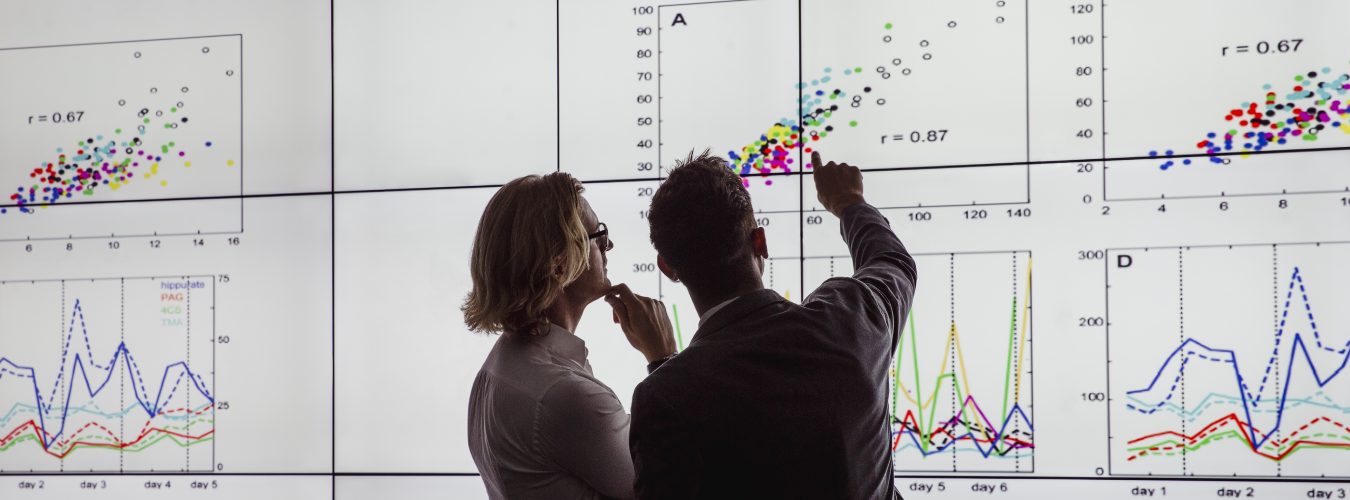Guest speakers from both Medicine and Health Sciences have shared some really illuminating insights over the past year. It’s been a great opportunity to highlight good practice, and the ways that both simple and more ambitious innovations can transform learning. All are welcome to these informal discussion sessions, held on Teams. Dates for the 2025-26 academic year are available via the eCoffee homepage.
The possibilities of AI in Blackboard Ultra
Weds 6 Nov 2024
Our eCoffee season began with a preview of what GenAI will have to offer in Blackboard Ultra. We explored the opportunities for role play and reflection offered by AI conversation: can Blackboard’s AI bot improve history-taking skills for example? Alongside this we also considered the value of Blackboard’s ability to auto-generate assessment questions from course content, or outlines for learning modules.
The session recording is at: The possibilities of AI in Blackboard Ultra with the accompanying slides are at eCoffee – AI in Ultra.pptx.
If you’d like to explore the Discovery Tool questionnaire Digital skills in AI and Generative AI it’s a good opportunity to assess your own experience and identify resources that can support you. There’s also an AI/Gen AI resource bank in the Discovery Tool that’s useful: the Discovery Tool’s resource bank for staff.
Supporting healthy discussions – transforming communication in a Blackboard Ultra module
Thurs 13 Feb 2025
In this session, we heard how colleagues involved in re-designing the Healthy Discussions in Physiotherapy module worked to enhance students’ interaction. Moving to Blackboard Ultra was an opportunity to explore ways the module lead could engage with students and hear from them about their experiences on the module. Features added include progress tracking and a weekly mood poll; using Teams integration to allow student responding to a video with their own video response and reflection; and some interactive learning resources based on existing Word and PowerPoint materials.
The session recording is at Supporting healthy discussions – transforming communication in a Blackboard Ultra module and the slides are at PSIO2033 for eCoffee.pptx.
You can also view the ThingLink branching scenario shared in the session and the support guide.
Delivering clinical skills training in ENT through immersive video
Weds 26 Mar 2025
ENT registrar Emily Lowe shaeed her work delivering clinical skills training through immersive video. Emily studied simulation as part of her masters in Clinical Education, and was able to apply this to meet a practical need when the pandemic necessitated remote working. Emily created 360 videos for clinical skills training, which colleagues were able to access from home using their phones and a Google cardboard headset.
The session recording is Delivering clinical skills training in ENT through immersive video and the video Emily shared is 360 simulated emergency epistaxis scenario if you would like to have a closer look.
Getting first year students placement-ready: Simulation to Enhance Placement Success programme (STEPS)
Tues 6 May 2025
Debbie Thackray, Clinical Skills and Simulation Lead for the School of Health Sciences, shared how Health Sciences are using a combination of simulation-based education, a bespoke SharePoint site and the Body swaps Virtual Reality programme to help first-year OT and Physio students get ready for their first clinical placement.
- Through immersive simulation, students practise working with a simulated participant who portrays a frailty scenario. This simulation helps students to practice and rehearse their patient-centred communication skills, profession-specific assessment and management skills, and take part in an MDT meeting about the patient’s discharge.
- The STEPS SharePoint site is designed to help students transition into clinical practice. The site contains 360-degree images to give students a real feel for what it’s like in hospital wards, community settings, and outpatient clinics.
- Debbie introduced how BodySwaps VR is being added to the programme, giving students an alternative way to build their communication skills.
- Debbie shared the Simulation Community of Practice SharePoint site — a great hub for Simulation Based Education resources.
The session recording is at Getting first year students placement-ready: Simulation to Enhance Placement Success programme (STEPS) and Debbie’s slides are available at STEPS programme ecoffee vs 1 FINAL.pptx
Refining your palette – creating Anatomy diagrams for colour vision deficiency
Thurs 19 Jun 2025
Clear diagrams are essential for teaching key concepts in Anatomy, and in this session Edward Bennett shared his approach to this – something really valued by students. Differentiating by colour is an important feature in these diagrams, but not all learners perceive colour in the same way. Approached with the challenge of making these diagrams accessible for all learners, Matthew Deeprose developed some simple tools for colleagues to use. Matthew and Edward demonstrated how these tools generate colour palettes that will work for all users, and reveal how images appear for those with colour vision deficiency.
The session recording is at: Refining your palette – creating Anatomy diagrams for colour vision deficiency and the slides are: eCoffee – refining your palette.pptx
If you would like to explore the three tools demonstrated, the links are below:
- SVG Palette Adjuster for Colour Vision Deficiency
- Colour Vision Deficiency Image Tester
- Colour Vision Deficiency Friendly Palettes


